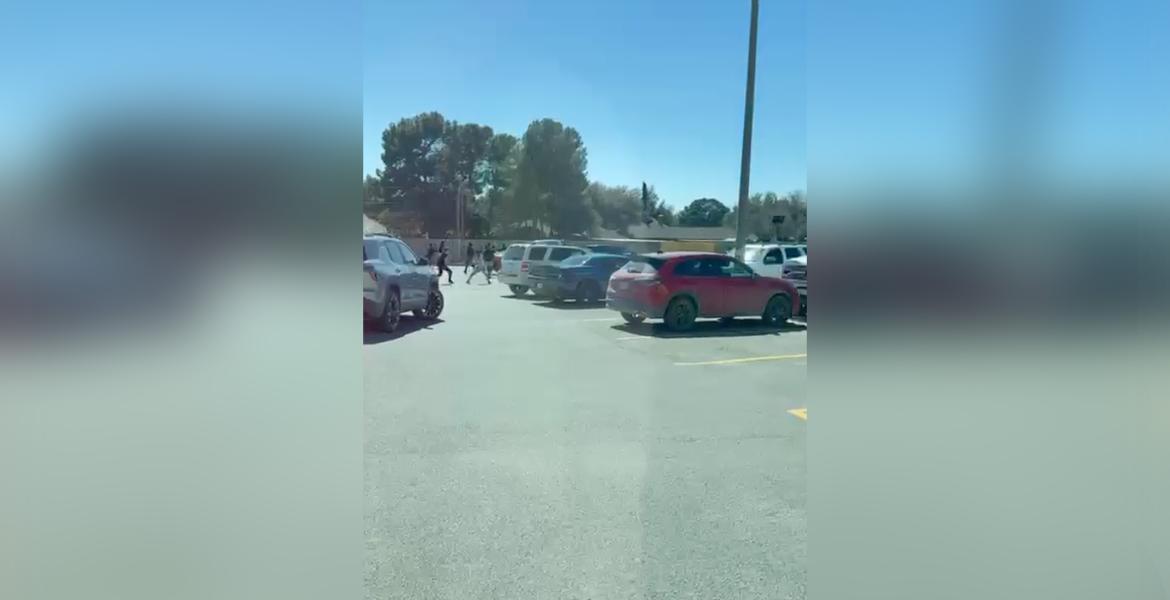SAN ANGELO, TX — With Valentine’s Day approaching, U.S. Customs and Border Protection agriculture specialists are diligently working at ports of entry to ensure that imported flowers are free from pests and diseases that could jeopardize the agricultural and floral industries in the United States.
Chrysanthemums, a popular cut flower from Mexico, are prohibited at passenger ports of entry due to current restrictions aimed at preventing the spread of fungi like “Chrysanthemum White Rust.” This plant disease, caused by the fungus Puccinia horiana P. Henn., could severely impact the U.S. agricultural and floral industries if introduced. To learn more about this type of plant disease, visit Chrysanthemum White Rust | Animal and Plant Health Inspection Service.
Furthermore, some plants used in bouquets can harbor pests and diseases. For example, Murraya (commonly known as “orange jasmine”) is a host for the Asian citrus psyllid, a serious pest affecting citrus trees. If any part of a bouquet contains pests, the entire arrangement will be seized upon entry into the United States.
Roses, carnations, and many other flowers are generally permitted entry into the United States following inspection. However, live plants require a permit for importation, and soil from Mexico is prohibited. All flowers and plants must be declared to CBP officers upon arrival.
If a traveler declares a bouquet containing prohibited flowers or greenery, it will be seized. If a traveler declares a bouquet containing permitted flowers or greenery, CBP agriculture specialists will inspect the bouquet for pests and diseases. If no pests or diseases are found, the traveler will be permitted to keep the bouquet and enter the U.S.
“Our agriculture specialists are the first line of defense against invasive pests that can devastate our agriculture industry,” said Sidney Aki, Director of Field Operations for the San Diego Field Office. “Their dedication to ensuring the safety of imported plants is vital to the economic well-being of our nation.”
CBP encourages travelers to declare all agricultural items to a CBP officer upon arrival to avoid penalties. Travelers should not attempt to bring fruits, vegetables, or meats into the United States without first confirming they are permitted. Raw eggs and poultry from Mexico are prohibited and will be confiscated at the port. For more information, travelers are encouraged to visit the Bringing Agricultural Products into the United States section of the CBP website.
Subscribe to the LIVE! Daily
Required






Post a comment to this article here: